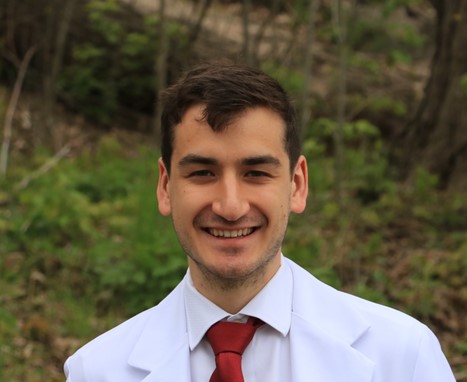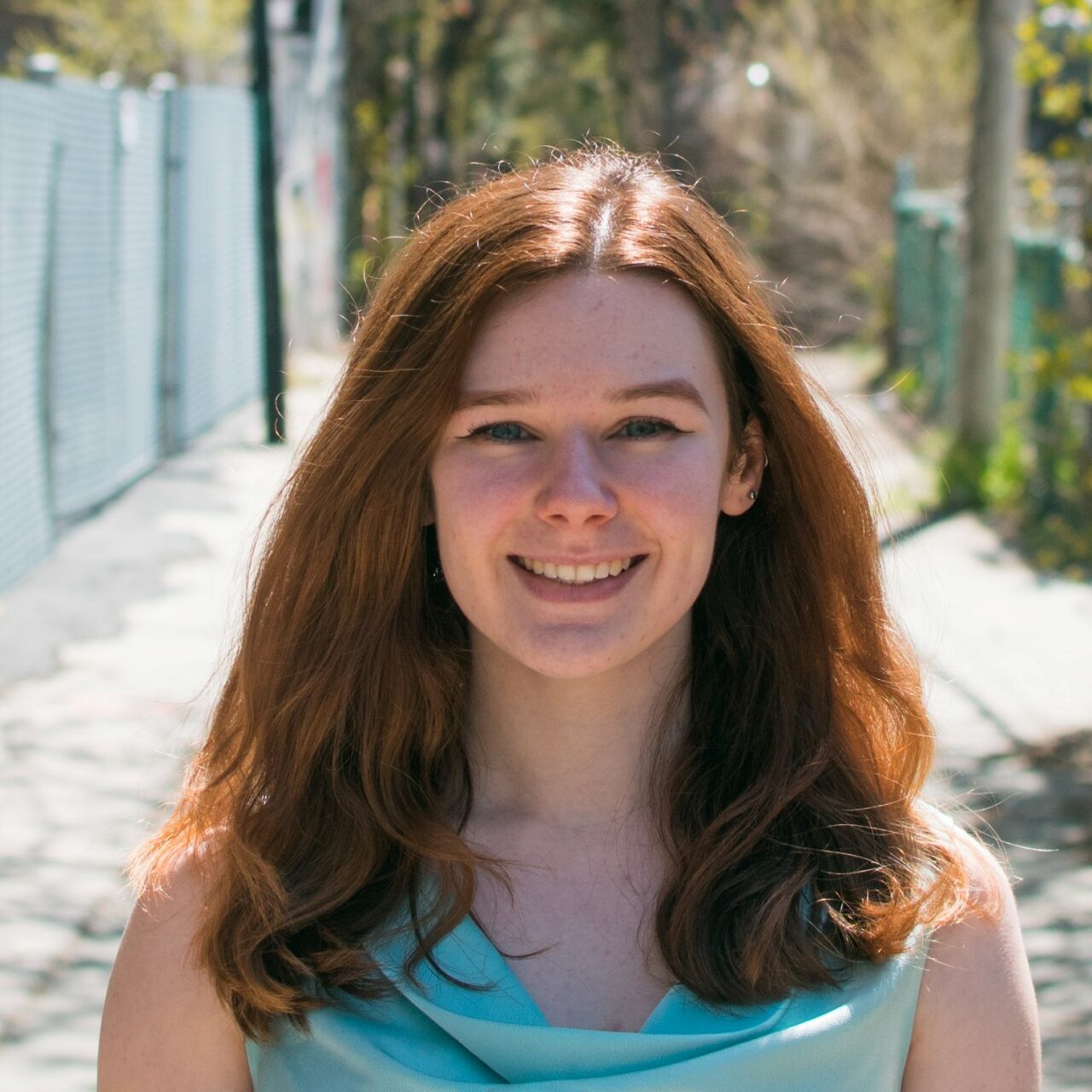This year, the GCI masterтАЩs students, doctoral students and post-doctoral fellows excelled in provincial and national funding opportunities. Together, 29 students were awarded 1.9M$ by the Fonds de Recherche du Qu├йbec (FRQ) and the Canadian Tri-Council Agencies. Below, we highlight some of the talented, hardworking trainees who earned these studentships. Each one of them studies a critical aspect of a different cancer type.
 Mark Sorin, Vanier Canada Scholarship Recipient
Mark Sorin, Vanier Canada Scholarship Recipient
Mark Sorin was awarded the Vanier scholarship, a highly competitive and prestigious award that selects candidates for their academic excellence, involvement in leadership roles and the potential of their research. тАЬMy research focuses on the role of the tumour immune microenvironment in the context of lung cancer. We investigate how to improve the anti-tumour immune response in lung cancer patients receiving immunotherapy, тАЭ explains Mark, a doctoral student in the Walsh lab. The tumour microenvironment is one of GCIтАЩs central research focuses. It shows great promise in improving existing cancer therapies by targeting not only the cancer cells but also the cells that interact with them.
╠¤
 Joan Miguel Romero, Vanier Scholarship recipient
Joan Miguel Romero, Vanier Scholarship recipient
Joan Miguel Romero is an M.D.-Ph.D. candidate in the laboratory of Dr. George Zogopoulos. He was also awarded the very prestigious Vanier award for his research on pancreatic cancer. His personal story was a big motivator when it came to choosing his research topic: тАЬMy father passing from pancreatic cancer motivated me to become a physician-scientist and help people facing cancerтАЭ. Joan Miguel strives to identify the patients that have good chances of responding to currently available therapies: тАЬAn important reason for 90% lethality rate of pancreatic cancer is that does not respond well to chemotherapies and immunotherapies. My Ph.D. project focuses on identifying subtypes of pancreatic cancer that may respond to immunotherapiesтАЭ. Knowing very well what cancer patients and their close ones might experience, Joan Miguel finds purpose in sharing cancer research:╠¤тАЬI am co-chair for the Research Information Outreach Team of the Canadian Cancer Society, Montreal Chapter. Working with an amazing group of volunteers, including our co-chair predecessors, we aim to make cancer research accessible to the general population through community outreach and awareness events. Being a part of this group and interacting with individuals and their families affected by cancer deepens my resolve to study this disease.тАЭ
╠¤
 Rima Ezzidine, FRQ-S Scholarship Recipient
Rima Ezzidine, FRQ-S Scholarship Recipient
Rima Ezzidine is a Ph.D. candidate in Peter SiegelтАЩs laboratory. тАЬI work on breast cancer that has metastasized to the leptomeninges, which are the membranes that surround the brain and spinal cord. My research aims at characterizing the role of a protein called CIRBP (Cold Inducible RNA Binding Protein) in facilitating breast cancer metastasis to the leptomeninges and identifying its targets in the process.тАЭ Rima was awarded an FRQ-Sant├й scholarship to pursue her essential research. тАЬThis knowledge may ultimately contribute to the prevention or treatment of leptomeningeal metastases.тАЭ, concludes Rima.
╠¤
╠¤
 Diana Berry, FRQ-S Scholarship Recipient
Diana Berry, FRQ-S Scholarship Recipient
Diana Berry was awarded a scholarship from FRQ-Sant├й for her doctoral studies. Her research focuses on understanding the mechanisms underlying the response to skin cancer. тАЬI aim to determine why some melanoma patients have an improved response to a class of immune therapies.тАЭ Diana, who performs her research in Ian WatsonтАЩS laboratory, hopes that her findings might extend the reach of her drug of interest to patients suffering from other types of cancer. тАЬDetermining the mechanism behind how these patients respond to these drugs could provide the rationale to use them to treat a number of other cancers.тАЭ
╠¤
╠¤
 Marina Fukano, CIHR Scholarship Recipient
Marina Fukano, CIHR Scholarship Recipient
Marina Fukano was awarded a doctoral scholarship from the Canadian Institute of Health Research (CIHR) to study a complex aspect of a lethal form of breast cancer. тАЬMy Ph.D. project studies a subtype of breast cancer called Triple-Negative Breast Cancer (TNBC). I study how tumour heterogeneity, cancer cells that present distinct characteristics, found within a tumour can support tumour progressionтАЭ. In addition to working full time towards earning her Ph.D. in the laboratory of Morag Park, Marina is passionate about sharing knowledge about cancer research with everyone:тАЭ I am currently part of the RIOT (Research Information Outreach Team)-Montreal as well as the CEEHRC (Canadian, Epigenetics, Environment and Health Research Consortium Network) Knowledge Translation Training Committee, as I realized the importance of communicating what we do in cancer research with the general public and raising awareness of cancer and cancer research.тАЭ
╠¤
 Camila Fraga Faraco, FRQ-S Scholarship Recipient
Camila Fraga Faraco, FRQ-S Scholarship Recipient
Camila Fraga Faraco earned FRQ-Sant├й scholarship to fund her doctoral research in the laboratory of Alain Nepveu. Her research focuses on finding a new role for a known cancer-inducing protein: тАЬMy research project will demonstrate the role of a transcription factor as an auxiliary factor in DNA repair. This new role most likely contributes to the oncogenic potential of this protein. While it is difficult to inhibit its transcriptional activity, we can envisage the possibility of inhibiting its DNA repair activityтАЭ, explains Camila. She stresses the importance to translate her research into therapies: тАЬMy work will lead to translational research into the development of novel therapeutic strategies for the treatment of patients whose cancer cells exhibit high expression of this auxiliary factorтАЭ.
╠¤

